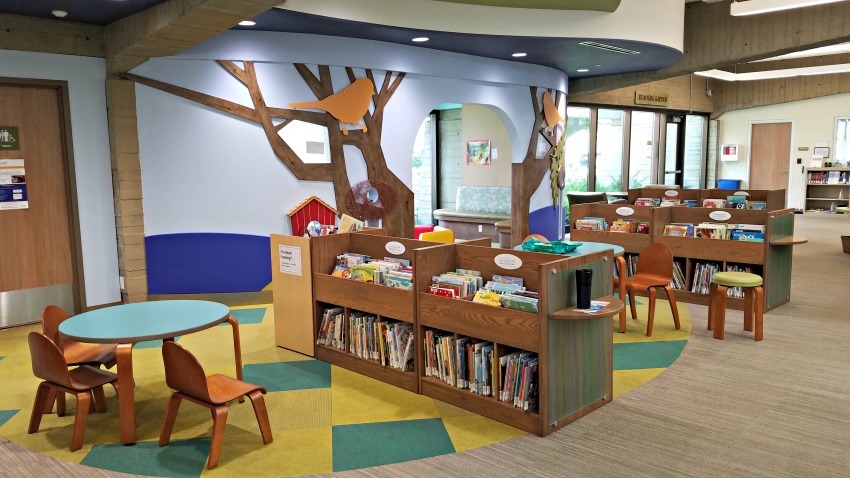

As the chair of the Saint Paul Library Board, I want to address some of the issues that have been raised about the library getting rid of fines.
When I took office in 2016, one of my East Side constituents was moved to create a spreadsheet of recreation center hours and programs across the city, with an overlay of area median income. Alas, in our city’s wealthier neighborhoods, there were lots of programs and hours; in our areas ofIt immediately became evident that in those neighborhoods where people can afford to sign their kids up for teams and classes, they do. And in low income areas where families cannot afford to pay, it was hard to field a team or fill a class. Even though Parks and Recreation provided scholarships, families with barriers of poverty and language were unaware of these options.
In the name of equity, we have worked since that day to increase free and low-cost programming in areas of concentrated poverty. This included about $100K in the last budget under Mayor Coleman, and has been tripled in the 2019 budget to over $300K.
I start with this example, because the total revenue from library fines in an average year is about $250K. A similar analysis to the one my constituent did on rec center hours revealed that libraries in wealthier neighborhoods, where families could afford to pay the fines, they do. But in libraries in low income neighborhoods, families who couldn’t afford the fines had their cards blocked. Of the 51K+ cards blocked, the highest percentage were in areas of concentrated poverty.
Library staff spearheaded the move to consider the elimination of fines and fees and conducted the research. For the last several years, there have been no fines on children’s materials. Yet, even without fines, materials have been returned at the same rate that they had been with the “incentive” of fines. I understand that the research of libraries in Minnesota and across the country, which have eliminated fines, have had the same experience.
When library staff were invited to share their experiences at the Mayor’s Library Budget Address, they said that it was clear that when a family is struggling to keep food on the table, paying library fines is a necessarily low priority. Getting to the library to return books on a timely basis is additionally challenging for a family with transportation challenges, difficult work schedules, etc.
Saint Paul happens to be one of the only cities in the metro area with poverty on the rise. Our libraries are vitally important to families in poverty to find needed resources and assistance: books, videos, music, computers, computer hot spots, homework help, computer training and certification, job seeking assistance, early childhood education and play resources, healthy snack times, story times in about 11 languages, and librarians who will help you with ANYTHING, just to name a few of the things people find there. Our libraries are constantly reinventing themselves to meet the needs of the people who walk through their doors. Faced with new immigrants who had no published books in their languages, the libraries went out and published their own.